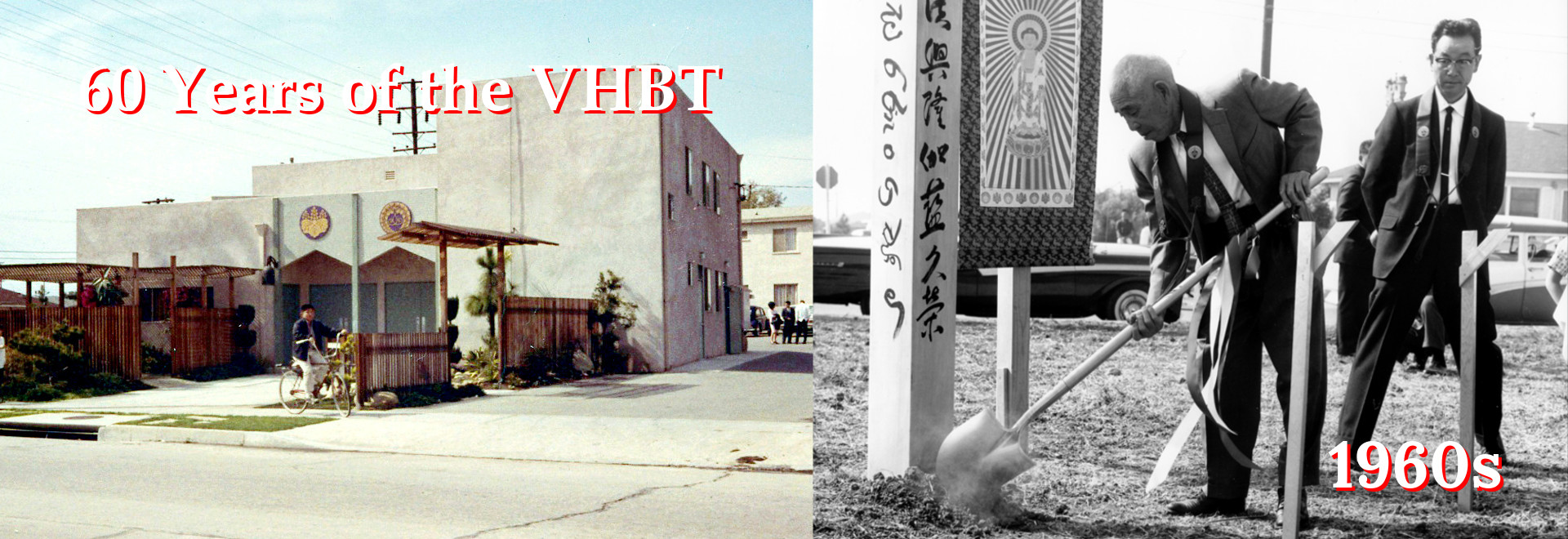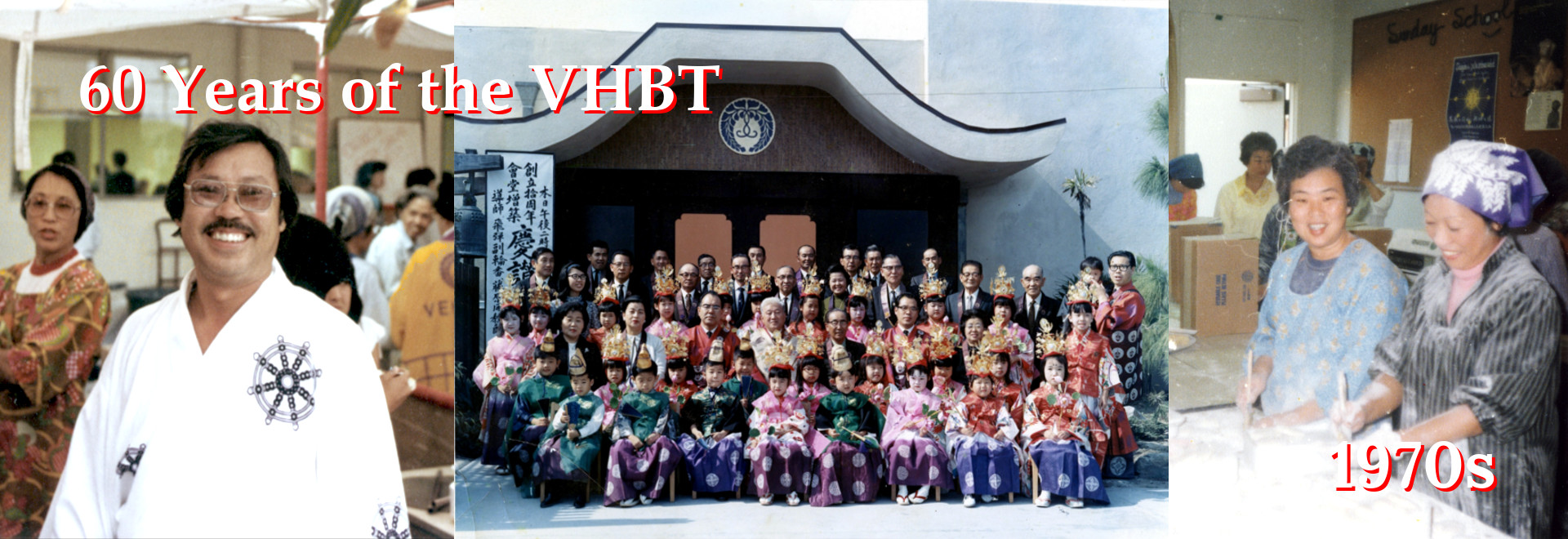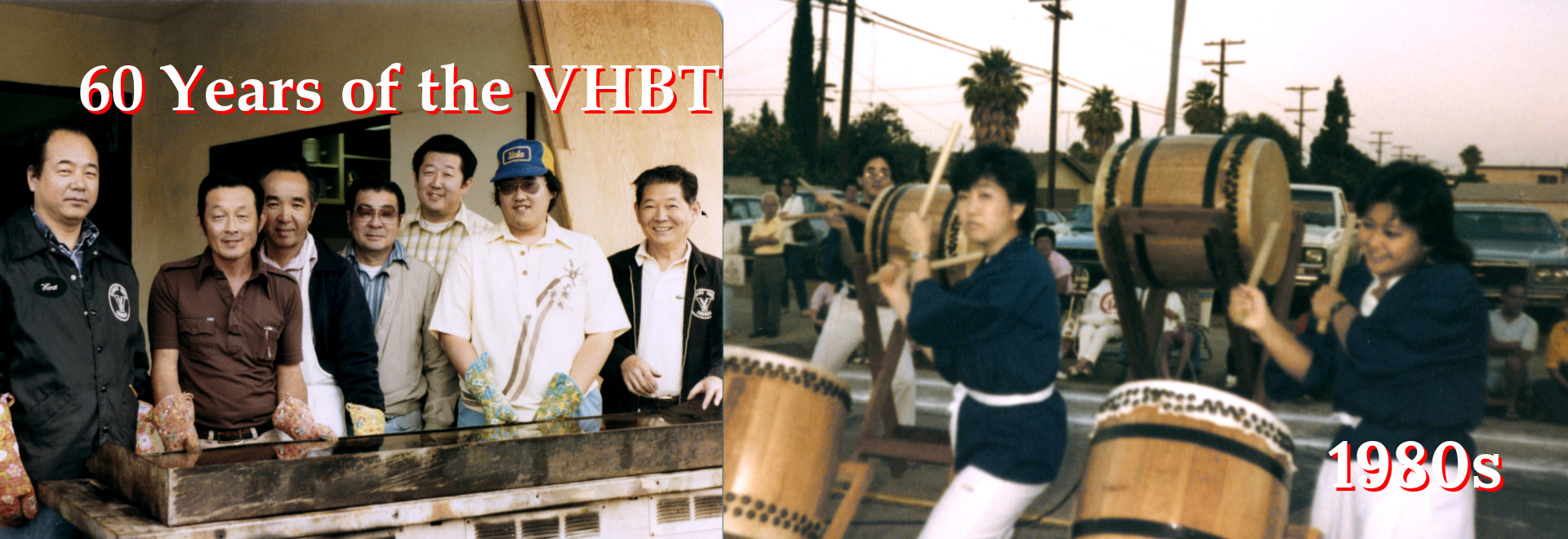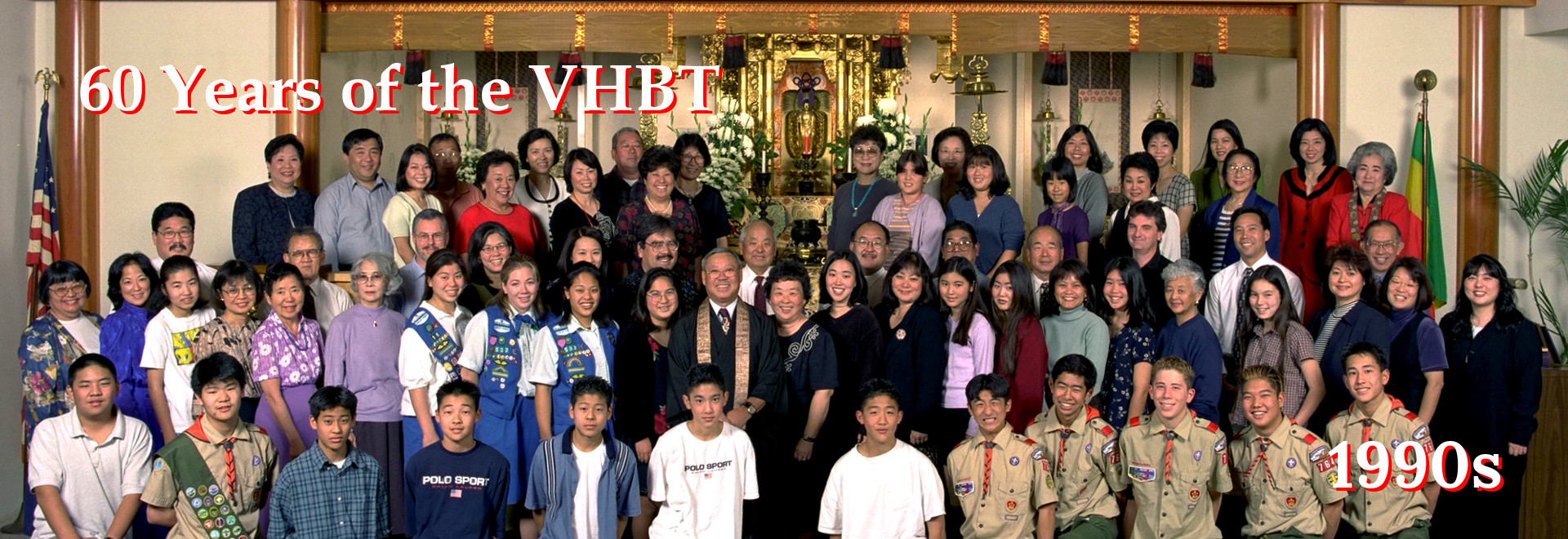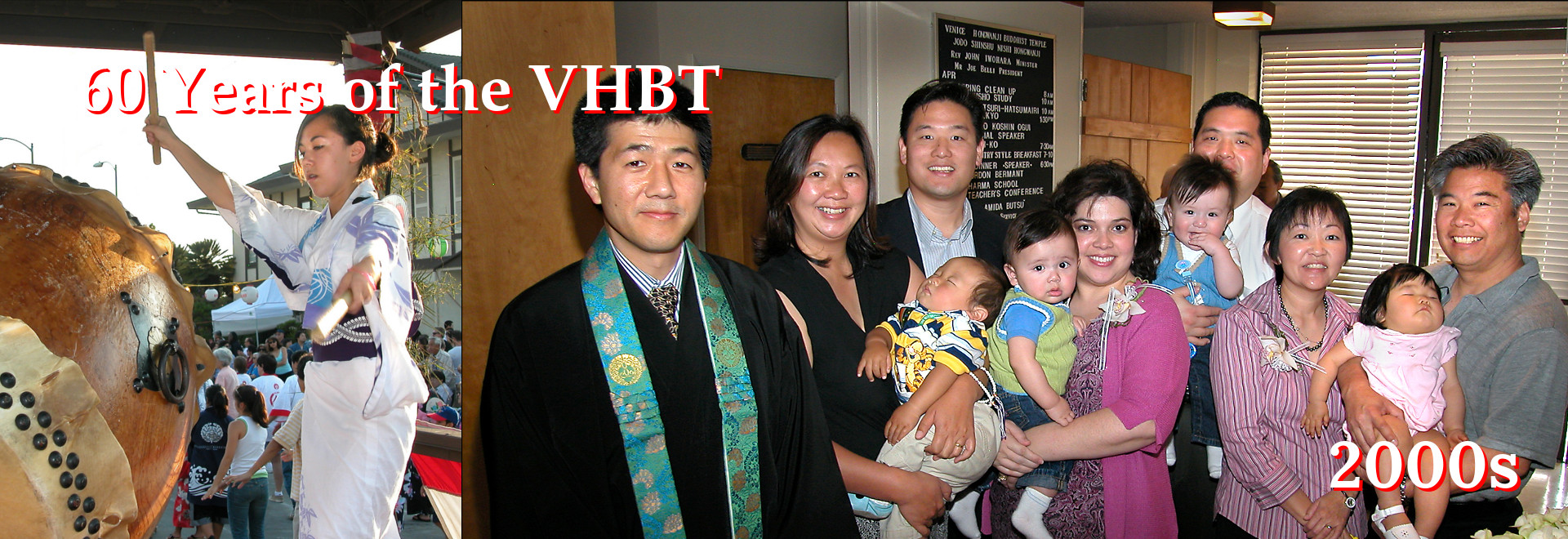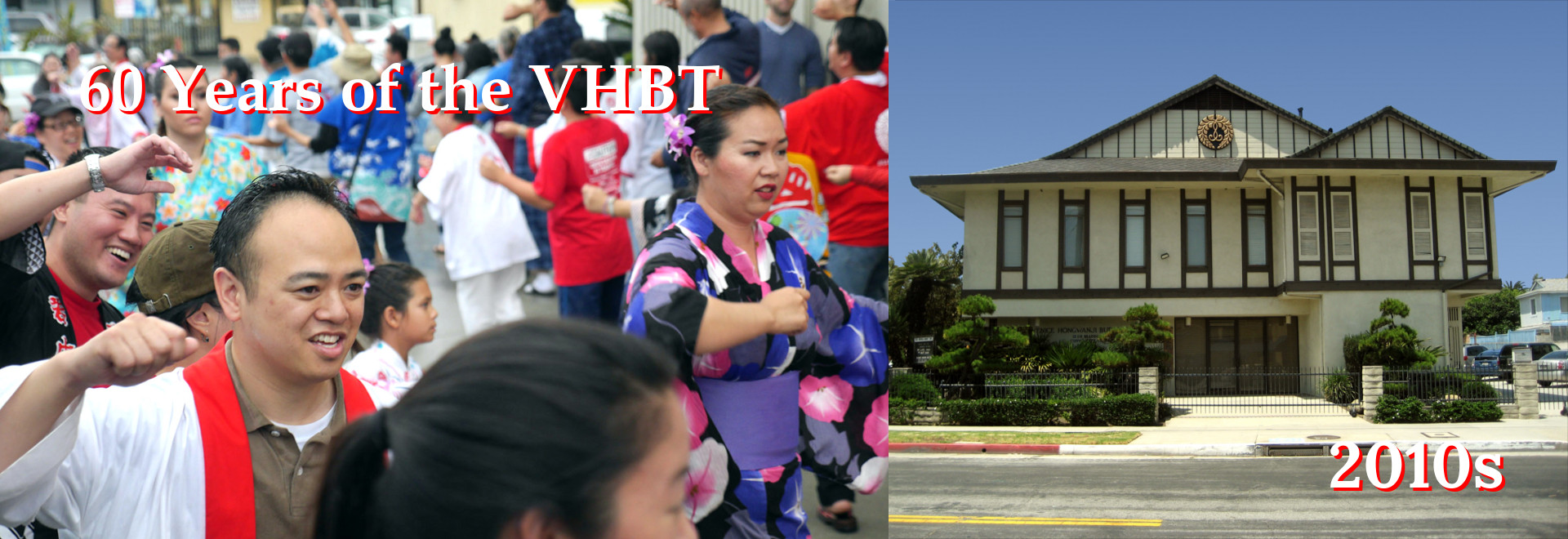Water Water Water… I borrowed the term above. Recently, our members and I were able to attend the BCA’s National Council Meetings in Visalia, California. As you drive through central California you will see signs with the phrase “Food Grows Where Water Flows.” It is to awaken us all to the urgency of the drought that we are all experiencing. This message is a call to the world. The drought is affecting us all. How many of us are doing our part? When I used to think of water I thought of the limited understanding of my own need. I thought of the faucets, hoses, and toilets in my home. Now, when I think of water I think of something greater. You may think that this article is about water for food. I am addressing something far more important.
Picture in your mind a block of ice. This Block will have to last for the REST OF YOUR LIFE. Is your block Big? Large? Or Humongous? Let’s envision it to be the size of the world or even the sun? How big will your Block be? In my mind I have A Big Block of ICE all the time! It would have to be at least the size of the polar ice caps.
Obstructions of karmic evil turn into virtues;
It is like the relation of ice and water:
The more the ice, the more the water;
The more the obstructions, the more the virtues.
— Shinran Shonin, from the Hymns of the Pure Land Masters (Koso Wasan)
In this passage, Shinran expresses our egocentric nature or the passions that give us and others mental, physical, and psychological suffering and pain which obstructs or prevents us from finding true inner peace or Enlightenment. How Big was your Block of Ice? When I think of the Polar Ice Cap in my mind it is literally greedy and selfish to wish for so much. Shinran then relates the ice melting into water. When we truly feel this connection of our passions or Ice, we have the great opportunity to learn the Buddha’s virtues. This does not discount our own “human nature.” With each bit of melting comes a wonderful and meaningful life, there is also the daily amount of our “human nature” that is added as well. In realistic terms according to the National Snow and Ice Data Center, in February 2016 the polar ice cap added 7,600 square miles of ice per day. I can honestly ask myself, “Will my block ever disappear? Will my Enlightenment ever be obtained if I were to do it all on my own? I highly doubt it.”
Through the benefit of the unhindered light,
We realize shinjin (True Heart) of vast, majestic virtues,
And the ice of our blind passions necessarily melts,
Immediately becoming water of enlightenment.
— Shinran Shonin, from the Hymns of the Pure Land Masters (Koso Wasan)
This passage is also from the Koso Wasan and precedes the previous. It explains with the help of Amida Buddha’s unstoppable light there is nowhere we are not touched by his compassion. Through this we receive the Buddha’s heart and virtues that dissolve our self-centeredness and brings Enlightenment.
CONCLUSION: “Food Grows Where Water Flows” Truly try to conserve water. Awaken to the state of the source. Many times our only concern is of the end result and we only care about this problem if the water stops flowing or its price gets too high. Please do not wait too long.
This happens to us in our everyday Buddhist lives as well. How often do we only use the Buddha’s teachings when life really is hard to bear? Awaken to the source of the wisdom, the source of the light. When I look deep within my mind there is ice that needs to be melted through the Buddha’s compassionate light. The ice turns to water through the Buddha’s virtues. I am grateful that we have the Buddha’s teachings to guide us all in this way.
Every time you see water, think of the saying, “Nenbutsu Grows Where Water Flows.” Nenbutsu means to think about the Buddha. We say Namo Amida Butsu to relay our appreciation to Amida Buddha for the Gift of Infinite Wisdom and Infinite Compassion. Please think of the Buddha as the source, and not as a limited reservoir. As Nenbutsu grows within us all we will find an infinite drinkable body of Light that melts our passions, and gives us value and meaning. Be grateful not only for the water in this concrete understanding of conservation, but also see it as the vehicle that gives our life purpose. I wash my hands and say Nenbutsu. I quench my thirst and say Nenbutsu. I give my children a bath and say Nenbutsu. In each instance I can try my best to save water. I know in life I cannot be perfect, but we can all find gratitude in the life and food the water grows. With the water that we use for ourselves be appreciative and joyfully say, Namo Amida Butsu.
In Gratitude and Appreciation,
Rev. Kory Quon
Venice Hongwanji Buddhist Temple
April, 2016
